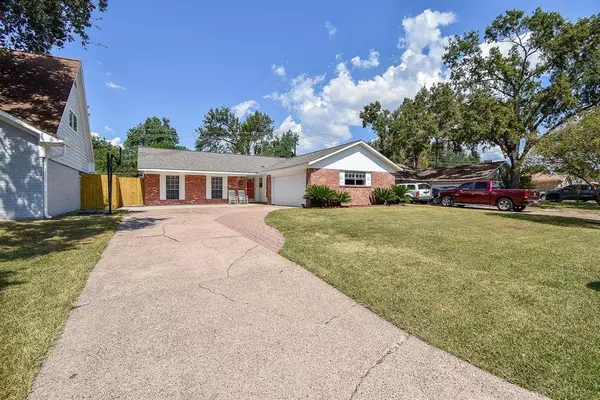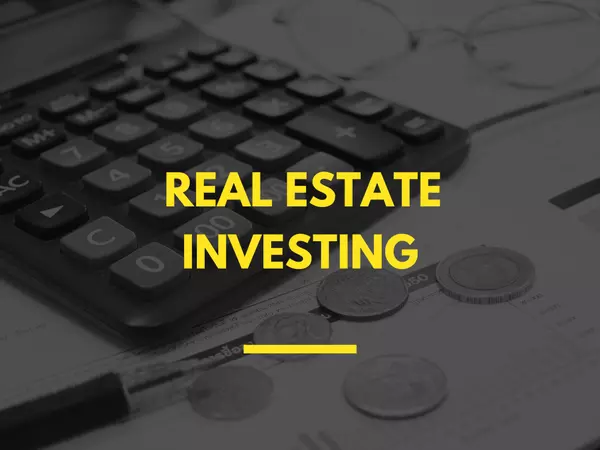
Buying Real Estate? – Watch These 5 Steps! LOL
Buying Real Estate? – Watch These 5 Steps! LOL Step 1. Knowing When You’re Ready Buying a home is so grown-up and impressive, but there are a few things you should think about before you start telling everyone how grown up and impressive you are. Step 2. Mortgage Lending 101 Unless you have a

How to Figure Out How Much House You Can Buy
How to Figure Out How Much House You Can Buy If you’re looking to buy a home but are unsure of how much house you can afford, here are five steps you can use to figure it out. Looking to buy in the Greater Houston Area? Get a full MLS accessLooking to Sell in the Greater Houston Area? Get a fr

Why Consider Buying in a Seller’s Market?
Even though we are in a seller’s market, it’s a great time to buy. Here’s why. Looking to buy in the Greater Houston Area? Get a full MLS accessLooking to Sell in the Greater Houston Area? Get a free home market analysis If we’re in a seller’s market, why would you consider buying a home in 201
Categories
- All Blogs (66)
- Buy A Home (23)
- Buyer Tips (31)
- Deer Park Spotlight (1)
- Downloads (4)
- Downpayment Assistance / Grant Programs (4)
- Financing A Home (11)
- First Time Home Buyers (13)
- First Time Home Sellers (11)
- Follow Me Friday (5)
- For Sale By Owner / FSBO (7)
- Fun Stuff :) (6)
- Holiday Events (2)
- Home Appraisals (7)
- Home Inspections (6)
- Home Loan Process (10)
- Home Maintenance (7)
- Home Staging (4)
- Homestead Exemption (4)
- Investing (6)
- Listing Video Tours (7)
- Market Snapshot (7)
- Market Update (7)
- Miscellaneous (5)
- New Construction (5)
- New Listings (1)
- Raving Fans (5)
- Real Estate Knowledge Video Series (6)
- Sell Your Home (31)
- Seller Tips (28)
- Tax Credits (4)
- Testimonials / Reviews (5)
- Uncategorized (10)
- VIP Preferred Vendors (5)
Recent Posts










